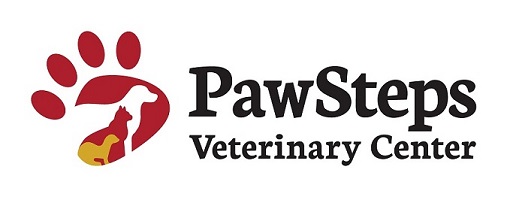Library
-
Most cats instinctively hide their pain as a survival mechanism which can make detecting pain in cats a challenge. Although the signs may be subtle, careful observation of a cat’s everyday behaviors will often reveal pain when it is present. These signs may include changes in behavior, mobility, elimination, and grooming habits. Common pain medications include NSAIDs and opioids. Your veterinarian will choose the appropriate drugs based on your cat's specific needs.
-
Many dogs will instinctively hide their pain as a survival mechanism which in the past, led well-meaning experts to presume that dogs did not feel pain the same way humans do. Although the signs may be subtle, careful observation of a dog’s everyday behaviors will often reveal pain when it is present. These signs may include changes in behavior, mobility, and appetite. Common pain medications include NSAIDs, opioids, and other therapeutics. Your veterinarian will choose the appropriate drugs based on your dog’s specific needs.
-
House paint, art paint, varnishes and other decorative or protective solvents come in many varieties, and most are dangerous to dogs and cats. Water-based paints, the most common, include latex, tempera, and poster paints.
-
Palliative care can be as easy or complex as necessary, to meet the needs of the pet and human family. Some palliative care patients benefit from massage, therapeutic laser, temperature therapy (heating or cooling devices), acupuncture, chiropractic, and physical rehabilitation techniques. Palliative care creates a bridge of care to support a pet as the time for humane euthanasia approaches. It is not a substitute for euthanasia, but it often helps us postpone euthanasia, allowing our pets to remain with us for whatever quality time remains for them.
-
Palliative medicine is care that is delivered as a cat approaches the end of life. The first step in creating a palliative care plan is to discuss with your veterinarian the expected course of the disease and how it will affect your cat's quality of life. Once a cat's daily life activities have been identified, it is important to define family beliefs, family needs as care unfolds, and the goals for the cat as death approaches. An essential part of establishing goals of palliative therapy is understanding the expected course of the life-limiting disease. Knowledge about disease allows for the development of a personalized palliative care plan.
-
Palliative medicine is care that is delivered as a dog approaches the end of life. The first step in creating a palliative care plan is to discuss with your veterinarian the expected course of the disease and how it will affect your dog's quality of life. Once a dog's activities of daily living have been identified, it is important to define family beliefs, family needs as care unfolds, and the goals for the dog as death approaches. An essential part of establishing goals of palliative therapy is understanding the expected course of the life-limiting disease. Knowledge about disease allows for the development of a personalized palliative care plan.
-
A Penrose drain is a latex tube placed into a wound with one or two ends exiting the skin to passively remove unwanted fluid, usually from abscesses or open wounds. This handout provides post-operative wound care instructions for cats sent home with a Penrose drain.
-
A Penrose drain is a latex tube placed into a wound with one or two ends exiting the skin to passively remove unwanted fluid, usually from abscesses or open wounds. This handout provides post-operative wound care instructions for dogs sent home with a Penrose drain.
-
Monitoring your pet is important to his health. This handout discusses the use of trackers and apps to monitor your dog's activity level and overall mental and physical health.
-
This handout discusses the dangers of laundry and dishwasher detergent pods in dogs and cats. Consumption of detergent in any form is dangerous for cats and dogs. Signs of pod exposure include irritation of skin, eyes, and mouth as well as more serious gastrointestinal and respiratory signs that require prompt veterinary medical attention. Learning to recognize and prevent pod exposure will help keep pets safe.

